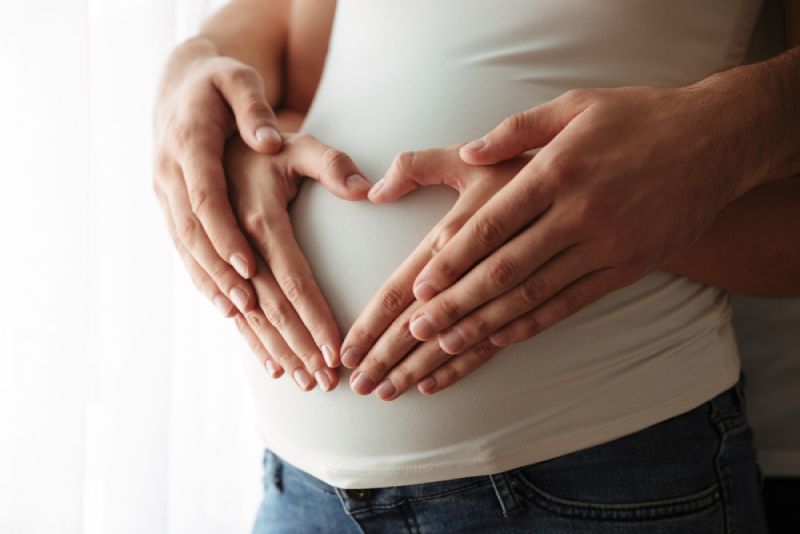
Understanding Arthritis During Pregnancy
Arthritis, a common condition that causes inflammation and pain in the joints, can present unique challenges during pregnancy. Women who experience arthritis while pregnant may find themselves grappling with many questions, from the commonality of the condition to the potential impact on their babies. In this article, we will explore these questions in depth, providing insights based on the latest scientific research.
Is Arthritis Common During Pregnancy?
Arthritis is not uncommon during pregnancy, although it does not affect all pregnant women. The occurrence of arthritis can largely depend on whether a woman has a pre-existing arthritis condition. Some forms of arthritis, such as rheumatoid arthritis (RA) and psoriatic arthritis (PsA), may even go into remission during pregnancy. However, others, like osteoarthritis (OA) and lupus, might worsen or stay the same.
Does Pregnancy Flare Up Arthritis?
For some women, pregnancy can indeed exacerbate arthritis symptoms. This is largely due to changes in the body such as weight gain, which can put extra pressure on the joints, and hormonal shifts, which can influence inflammation levels.
It’s important to remember that each woman’s experience with arthritis during pregnancy can be quite different, and it’s crucial to discuss any changes or concerns with your healthcare provider.
How is Arthritis Treated During Pregnancy?
Managing arthritis during pregnancy requires a careful balance. The goal is to control inflammation and alleviate pain, while also ensuring the safety of the developing baby. Many anti-inflammatory medications are typically avoided during pregnancy due to potential risks to the fetus. Therefore, doctors might recommend safer alternatives such as:
- Low-impact exercises to maintain joint flexibility and strength.
- Physical therapy to help manage pain and improve function.
- Application of heat or cold to soothe painful joints.
In some cases, medication may be necessary. However, the use of any medication during pregnancy should be carefully considered and discussed with your healthcare provider.
Why Do I Feel Like I Have Arthritis While Pregnant?
Even women who have not previously had arthritis may experience joint pain during pregnancy. This can be due to several factors, including:
- Increased weight: As the body gains weight during pregnancy, more pressure is put on the joints, particularly the hips and knees.
- Body changes: Pregnancy hormones cause the body’s ligaments to relax in preparation for childbirth, which can lead to pain and discomfort.
- Fluid retention: Pregnancy often leads to fluid retention, which can cause swelling and joint pain.
Can Arthritis Affect the Baby?
Generally, arthritis does not directly affect the baby. However, in cases of severe, uncontrolled inflammation, there may be a slightly increased risk of preterm birth or low birth weight. Certain medications used for arthritis might also carry risks for the baby. Therefore, managing arthritis effectively is important not just for the mother’s comfort, but also for the health of the baby.
Can Arthritis Cause Miscarriage?
While arthritis itself doesn’t directly cause miscarriage, some autoimmune forms of arthritis, like lupus, are associated with a higher risk of miscarriage and other pregnancy complications. This is largely due to the systemic inflammation and potential complications of the disease itself, rather than the arthritis component.
| Type of Arthritis | Risk of Miscarriage |
|---|---|
| Rheumatoid Arthritis | Low to Moderate |
| Psoriatic Arthritis | Low |
| Osteoarthritis | Low |
| Lupus | High |
Final Word
In conclusion, while arthritis can pose challenges during pregnancy, it’s important to remember that many women with arthritis have successful pregnancies. With careful management and regular consultation with healthcare providers, the risks associated with arthritis in pregnancy can be effectively mitigated. Always discuss any concerns with your doctor to ensure the best possible outcomes for both you and your baby.
Article by Dr. Naveen Bhadauria



